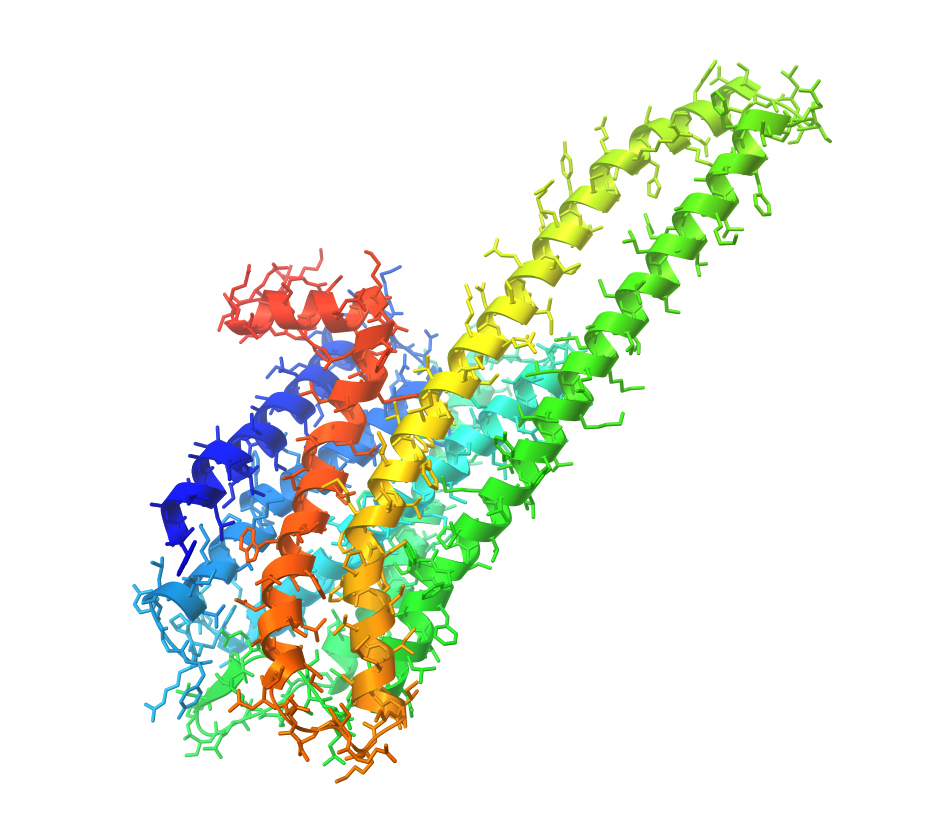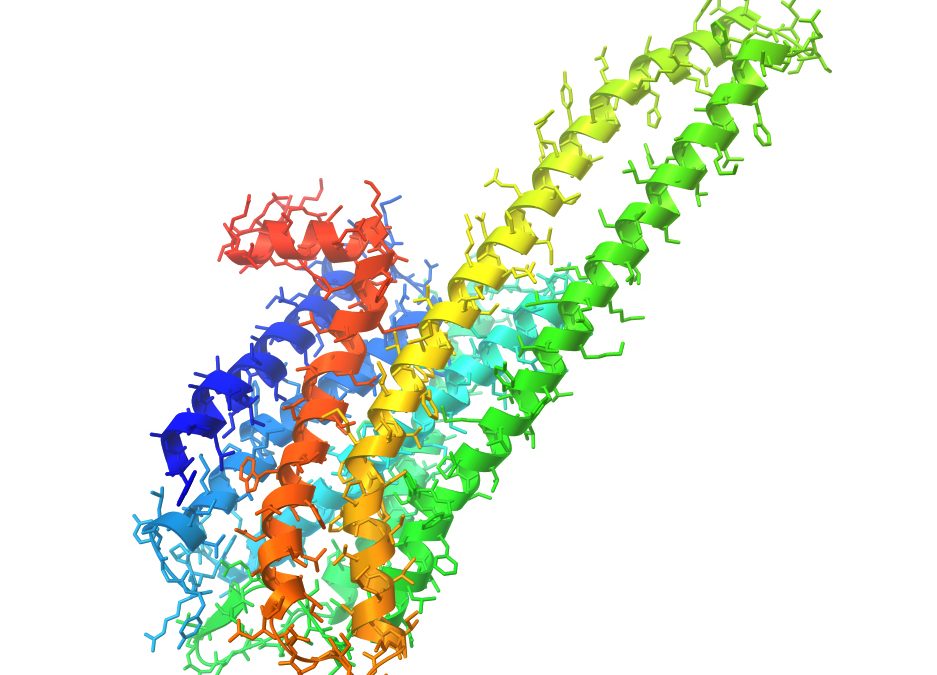New study reveals distinct effects of escitalopram (Lexapro) and psilocybin on brain responses to emotions, highlighting the unique approaches of these treatments in addressing depression.

The 5-HT2A receptor is the key player in the mechanism of action of classical psychedelics, such as psilocybin. Source: Wikipedia
Read this fascinating article here.
Here are the salient conclusions, but it’s worth reading the whole article.
In conclusion, the study findings indicate that escitalopram and psilocybin therapy have different effects on our brains and emotions. Escitalopram, being an SSRI, reduces the brain’s responsiveness to emotions. This decrease in responsiveness is believed to be linked to the activation of inhibitory 5-HT1A receptors in the emotional regions of the brain. As a result, individuals taking SSRIs may experience emotional blunting and a loss of sexual function.
In contrast, psilocybin therapy, unlike traditional antidepressants, does not suppress our emotions or make us less sensitive to them. Psilocybin directly activates a different set of serotonin receptors, particularly the 5-HT2A receptor subtype. These receptors are associated with something called neuroplasticity, which refers to the brain’s ability to change and adapt. Psilocybin therapy encourages emotional release and facilitates a reconnection with our feelings. This aspect is considered crucial in how psilocybin therapy works to improve depression symptoms. Previous research has shown that psilocybin therapy enhances the brain’s functional integrity and flexibility, which are important factors for our mental well-being.
